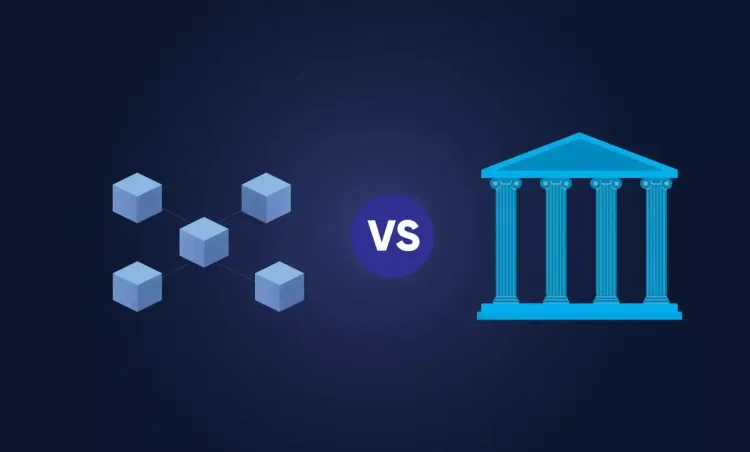When your money aligns with your values, you simplify your life and make room for the things that really matter. Minimalist budgeting offers fundamental perspective. Minimalist budgeting is not about deprivation for the sake of saving, nor about filling out a spreadsheet with complicated formulas. It is about being smart with your money: spending less, saving more, and aligning your financial decisions with the needs of your life. This approach not only provides financial clarity but also a sense of freedom, allowing you to focus on what really matters.
The Philosophy of Minimalism and Its Reversal on Budgeting
Minimalism is the practice of prioritising quality over quantity in all areas of life, focusing only on the things that are truly good for you and are good for you. Managing your money this way means avoiding unnecessary expenses and being more mindful of your spending. A minimalist budget can help you consider what you really need and find fulfilment in simplicity, countering our consumerist’s drive to constantly “consume more.” By focusing on the basics, you can gain clarity and control over your finances. It’s about giving yourself more freedom, experience, and inner peace, not having less.
The Benefits of Adopting a Minimalist Budget
There are many benefits to adopting a minimalist budgeting strategy that extend beyond your wallet. First, you can save more money by not spending money on things you don’t really care about. Managing your budget becomes easier and less stressful when you have fewer expenses to keep track of. A minimalist budget can also reduce financial worries. Knowing whether your spending is in line with your values and priorities can help you sleep better at night. It can also lead to better habits as you redefine your relationship with money and learn to focus on long-term goals rather than instant gratification. This thoughtful approach to life leads to long-term contentment, as meaningful decisions contribute to a more fulfilling life rather than accumulating material things.
How to Start a Minimalist Budget
Cultivating your values and what is truly important to you is the first step to a minimalist budget. Are people spending enough time with their families? Saving for that dream trip? Paying off debt? Whatever your priorities are, make a list. They are your compass. Next, examine your current financial practices. Check your credit cards and bank accounts for recurring expenses that you can replace with less expensive options. Highlight areas where you are overspending and that are not really improving your life. Once you have a clear picture, create a solid financial plan and create a budget that reflects your priorities. Keep it simple; categories such as ‘needs’, 'wants', and'savings’ can be very effective without weighing you down.
Practical Tips for Keeping Your Budget to a Minimum
While starting a minimalist budget is a great start, it takes regular work and awareness to maintain it. Automatic saving (scheduling multiple transfers to your savings account as soon as you get your pay cheque) can help take the thought out of it. Another approach is to enjoy free or low-cost activities, such as exploring nature, having game nights, or attending community events. It’s important to evaluate your budget regularly. Take time each month to consider whether your spending aligns with your priorities and make changes as needed. A “pause-when-buying” rule was also put in place. Wait at least 72 hours before deciding to buy anything extra. You’ll find that the urge often goes away.
Overcoming Challenges in Minimalist Budgeting
Switching to a minimalist budget isn’t always easy, especially in a society that encourages us to spend more. A common challenge is the fear of missing out, whether it’s missing out on drinks with coworkers or waiting for the latest tech gadget. So remember that minimalist budgeting is about choosing things that make you happy, not items that deprive you. Include everything that makes sense to you in your budget. Dealing with pushback from family members or friends (who may not understand your new strategy) can also be tough. Open communication can be very helpful here; explain why you’re doing something and set boundaries if necessary. Although it takes time and effort, minimalist budgeting is like any other new habit: the benefits make the patience and effort more than worth it.
A Just Life, a Perfect Life
In addition to financial success, minimalist budgeting is a psychological shift that allows you to create a life based on intention, value, and freedom. By spending less on unnecessary things, you can save more: more security, more opportunities, and more satisfaction. If you’re ready to control your finances, eliminate distractions, and focus on what really matters, a minimalist budget could be the secret to a richer, more meaningful life.




